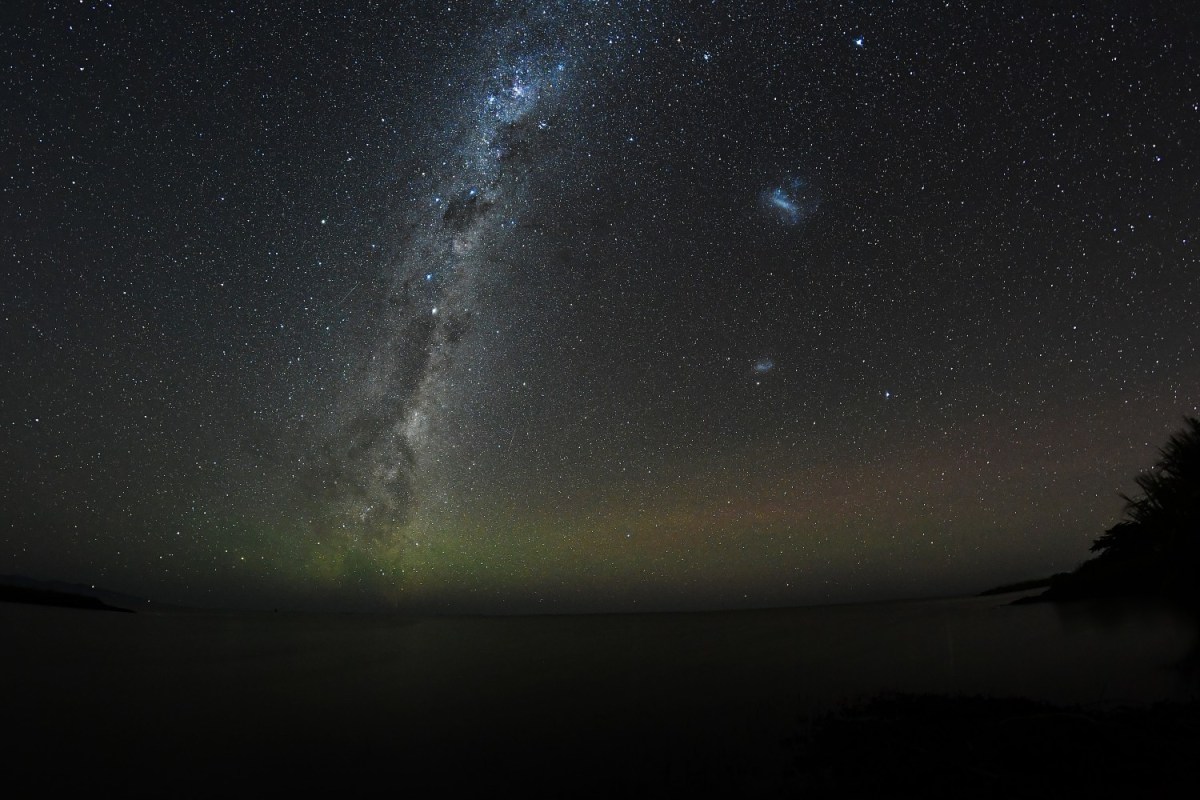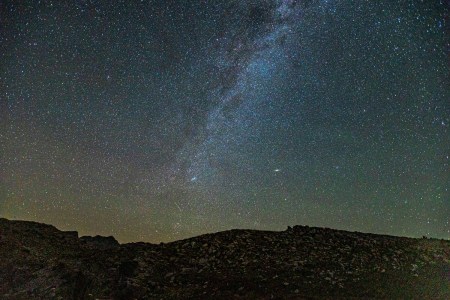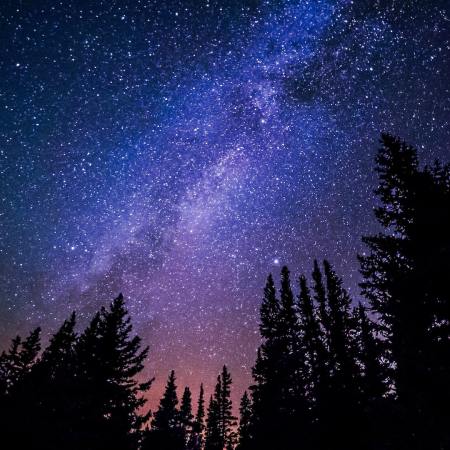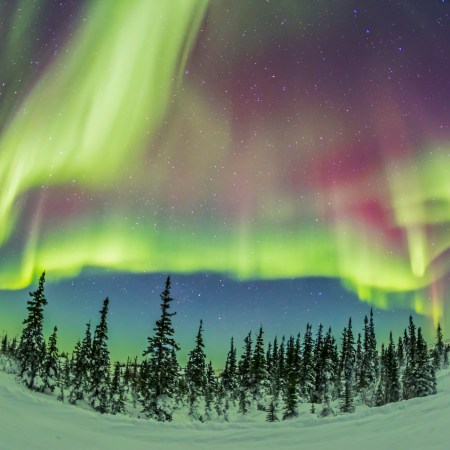There’s no experience quite like gazing up at the night sky in an area where the’s little to no light pollution. As someone who grew up in suburban New Jersey, this was not par for the course for me; the handful of times when I’ve looked up and seen a massive number of stars in the sky above me has been stunning to behold, and it’s served as a welcome reminder of why Dark Sky parks and regulation of light pollution are so important.
It’s also made it especially unsettling to read this Robin McKie-penned article for The Observer, which raises the unsettling idea that light pollution could make any stars invisible from Earth within 20 years. Or, as Astronomer Royal Martin Rees told The Observer, “The night sky is part of our environment and it would be a major deprivation if the next generation never got to see it, just as it would be if they never saw a bird’s nest.”
The article cites research by Christopher Kyba, which indicates that light pollution is affecting the sky by 10% more each year. What that translates to is a dramatic reduction in the stars that are visible at night — and a rate of reduction that, if left unchecked, will gradually make the vast majority of stars in the sky invisible to nearly all human eyes.
How Are You Celebrating International Dark Sky Week?
Dedicated programs are happening all over the worldAs The Observer reports, Rees is currently working to get members of Parliament to develop legislation to address light pollution and reverse this trend. Even if that can be addressed in the U.K., however, that still leaves a lot more of the world remaining to make similar steps — or risk the consequences.
Thanks for reading InsideHook. Sign up for our daily newsletter and be in the know.


















